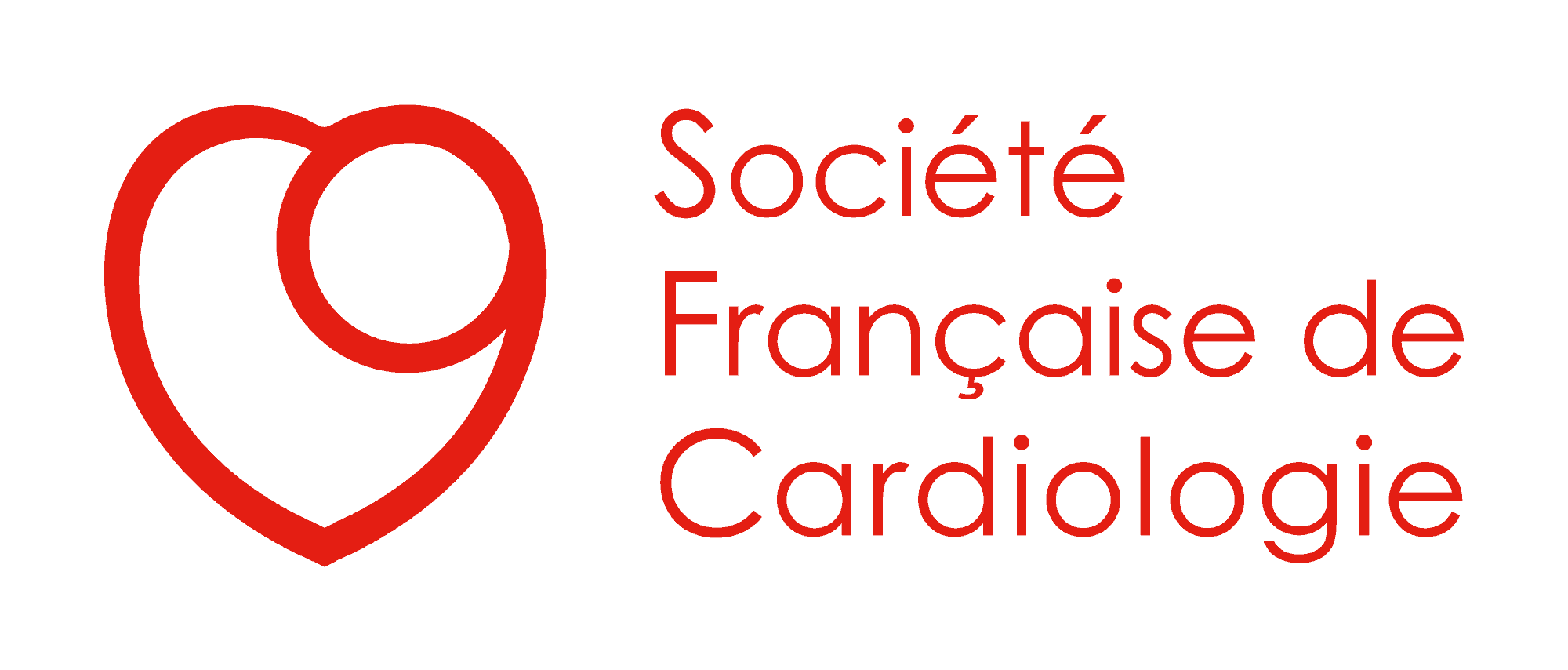Documents de consensus
La Société Française de Cardiologie (SFC) endosse les recommandations de l’European Society of Cardiology (ESC) qui émet des propositions d’attitude fondée sur les données de la littérature, avec un poids donné à chaque recommandation en fonction de la conviction et/ou de la pertinence des données disponibles (niveau de preuve).
Les communautés de la SFC publient quant à elles des recommandations spécifiques non disponibles par ailleurs et utiles à la pratique des cardiologues.




